What Does “Salt and Pepper, to Taste” mean?
Have you ever seen or heard the expression “salt and pepper, to taste”? I see it all the time in cookbooks and online recipes, and I use it in my recipes.
But What Does It Mean?
It means different things to different people, so I want to learn more about the expression. Some, but not many, recipes give you exact amounts of salt and pepper to add to a recipe, but most don’t.
From cooking recipes developed by professional chefs, I’ve learned to add salt and pepper several times during the cooking process. They don’t say to add 1/4 teaspoon of salt and pepper; they say to season with salt and pepper.
I think “to taste” is different for both salt and pepper, and it should read, salt – to taste and pepper – to taste. They both mean something different.
Salt to taste has more to do with adding the right amount of salt to bring out the flavors in the food. Pepper to taste deals with how much heat you want the dish to have.
That’s what it means to me, but I’m not sure what it means to other people, including some professional chefs I know. So I asked a few of them for their definitions, and here is what I learned.
Salt should be used to bring out the natural flavor of foods, not to make them taste salty. The amount needed varies from food to food because foods are produced differently.
For instance, a recipe for homemade tomato sauce may call for one teaspoon of salt. But if the tomatoes are under-ripe, the recipe will need more salt to bring out their natural tomato-i-ness. On the other hand, if the tomatoes are freshly picked at the height of the season, they may need minimal salt, if any.
The season, the variety, the soil, and the accuracy of the cook all contribute to flavor. This is one reason I constantly urge people to look beyond the written recipe.
Pepper is a spice, and its use imparts heat and flavor. The amount of heat and pepper flavor you add depends on how much you enjoy.
I only use pepper when its flavor enhances a dish, which is far from as much as it is called for in recipes. And for heat, I prefer white pepper, which packs a bigger bang for the buck.
” Salt and pepper to taste ” can be tricky, and I struggled with it for a long time as a home cook. I wish there were a definitive test for “correct seasoning,” but there really isn’t.
Since I’ve been cooking professionally, I use salt more than I used to. Before, I always put salt in everything, just a little bit.
Now, I find that I salt more heavily. It doesn’t make my food saltier; it just makes it better.
Have you ever tasted a dish that’s a little—or a lot—”flat?” Chances are, it needs a lot more salt than it already has.
Try this: make any basic recipe that doesn’t call for salt or the infamous “to taste.” Start without any salt in it at all and taste it.
Add 1/4 teaspoon of salt, stir, and taste again. You should be able to tell the difference.
Add another 1/4 teaspoon. Stir and taste. The flavors will begin to “pop” when your salting is correct.
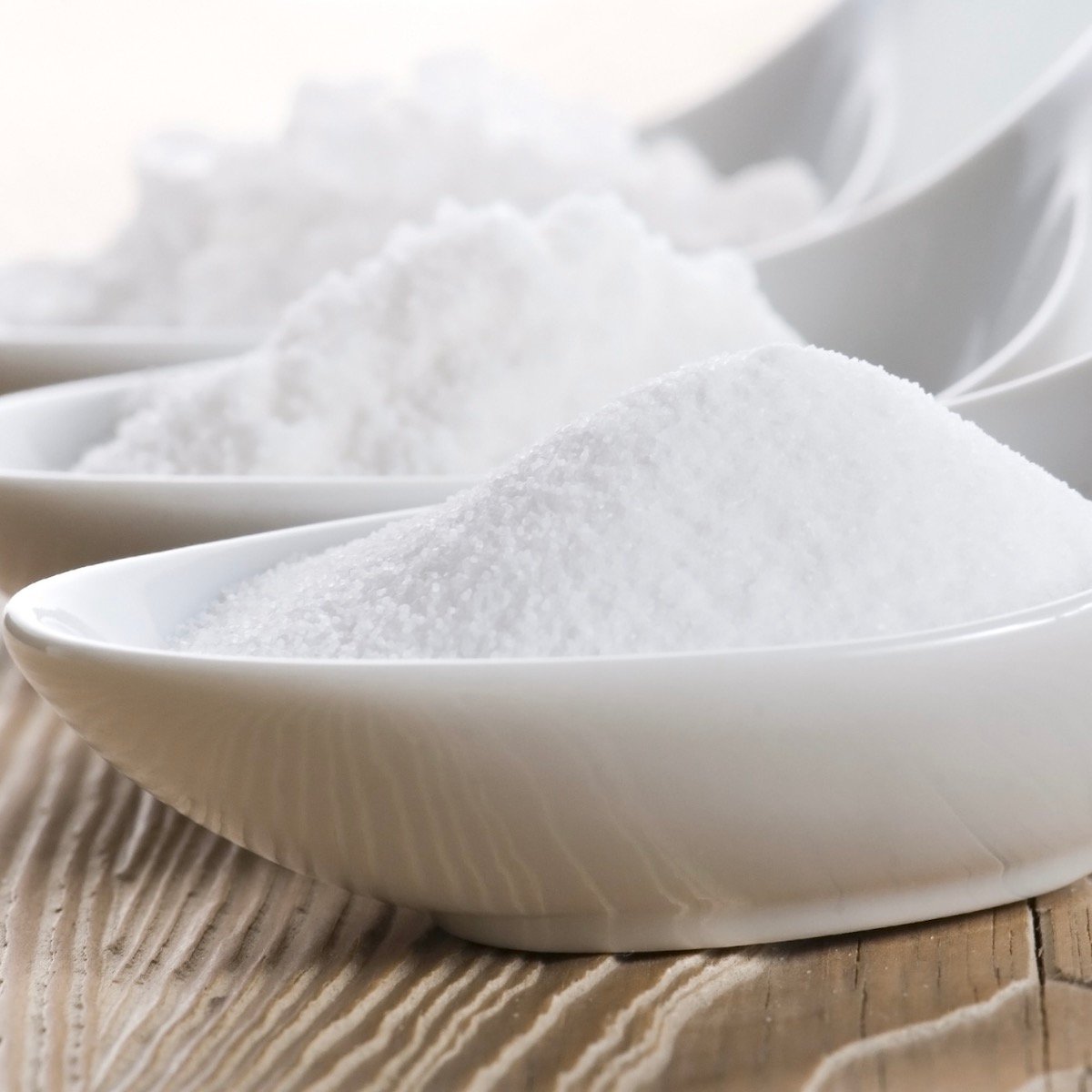
Salt in Desserts
The effect is more startling in a dessert because people don’t generally think of using lots of salt in sweets. I did this test with vanilla pudding, but use whatever recipe you’d like. You’ll be able to taste more nuances in the dish, which will taste just more like what it is (more tomato-y, more chocolate-y, etc.).
There will come a point when the “noticeably salty” stage is reached. The trick is to stop adding salt before that happens.
There can be a very thin line between perfectly seasoned and salty, and the trick is to come up to the line without going over. Of course, that takes practice and eating some overly salty food on occasion!
Veggies and Pasta
Do you know when chefs say to make the water you cook your veggies or pasta taste like seawater? Of course, most home cooks think that’s just too salty, but that’s because most home cooks under-salt.
Don’t get me wrong: you don’t want your spaghetti sauce to taste like seawater (I don’t think), but most dishes can handle and benefit from more salt than is called for or more than people think.
Again, it is very subjective, so season to your taste when you season. I know some chefs who refuse to put salt and pepper on the table because what they’re sending out is already perfectly seasoned (to their taste, anyway). So that’s pushing it a bit.
As for pepper, that is not as vital a seasoning as salt (I use it at home when making savory dishes). Salt enhances the flavors and can help bring the subtleties of the dish into focus. On the other hand, pepper makes things hot and tickles the back of the throat a bit.
My advice is to focus on the salt, add a few grinds of pepper (always use freshly ground so you get the benefit of the essential oil in the pepper), and leave a pepper mill on the table.
Chef Martin Laprise
The idea is to learn to taste your food often to see what is happening. To taste is what professionals do; they taste all food before the clients.
So if there are issues, the cooks will find out before the clients. Salt is the number one thing that a chef can control very well. Too much, and it’s awful, and not enough, and that too is bland and bad.
Chef Terrell Garret
I had to laugh at your question about what ‘taste’ means. It was one of the most asked questions at the culinary school’s so-called free-for-all graduation sessions.
The answer was to take a small portion of the prepared dish, cook it using any method, and taste it for seasoning. Believe it or not, that usually worked.
Chef Daniel D’Angelo CEC AAC MS
Salt and pepper to taste refer to the taste of the person making it. If you look at recipes from 20 years ago, they may weight the recipes. As the years progressed, writing the meaning to taste was easier.
When cooking with salt and pepper, or any cooking for that matter, you must build on flavor, and as you add flavors, you keep changing and tasting until you like what you are making.

Nell Jones
I asked this question to my daughter Nell back in 2010, when she was just 13 years old. She told me, “Salt and pepper, to taste means adding salt and pepper to your liking. So, for example, I might like more salt on my food than another, so I would add more salt to the dish.”
What Does Salt & Pepper, To Taste Mean to You?
I’ll keep asking my chef friends for their responses, but please let me know in the comments section below what salt and pepper to taste means to you. Thanks.

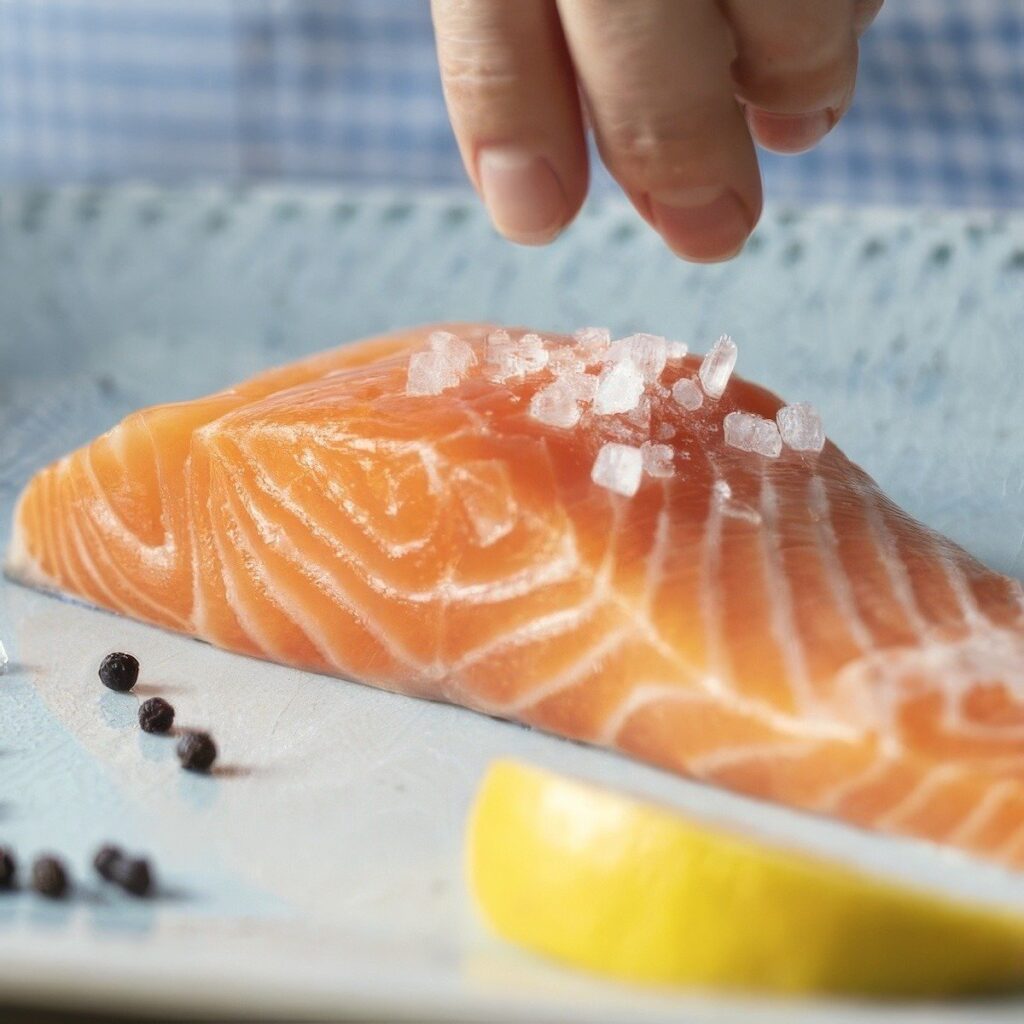
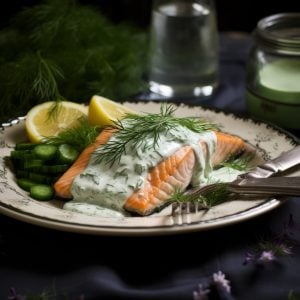



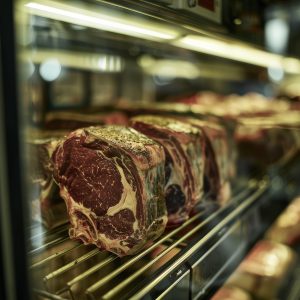

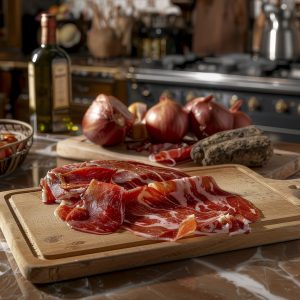
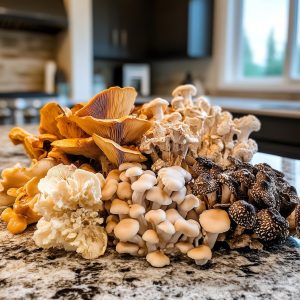
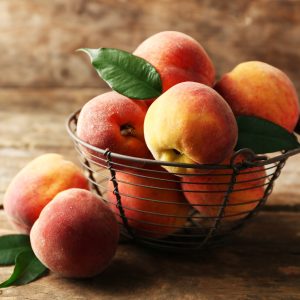


2 Responses
In working with raw chicken, it doesn’t make much sense, as you can’t go tasting raw poultry to see if you’ve added enough salt, so I’m stumped..
Hi Mark, I don’t believe I ever posted anything about tasking “raw” chicken for salt. Not sure where you got this idea.